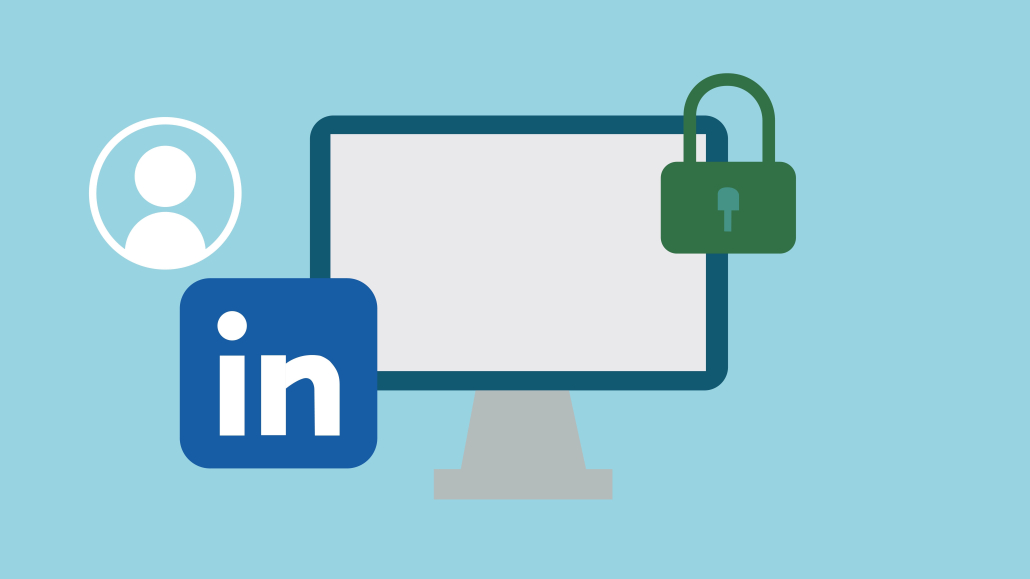Privacy is no longer a right, but rather a privilege

Growing up, my mom taught me many lessons. Among them were confidence boosters, such as to keep kicking footballs with the boys or that I was intelligent and beautiful and could do anything I set my mind to. But in terms of how I engaged with the world, the idea to not engage with strangers was vehemently railed into me. This is rhetoric I’m sure many of us are familiar with. My sister and I would have our eyes glued to the screen watching a scare tactic DVD that I can still visualize now of being abducted, with the use of only the best colorists the film industry had to offer to emphasize stranger danger. Do not get into a stranger’s car, do not let strange people touch you and do not reveal anything about where you live, where you go to school or any information that would allow strange people to track you down. These were mantras I lived by.
Thanks to this arsenal of knowledge and some fortunate luck, I beat child abduction. But since then, the landscape has completely changed to the point of being obliterated. We no longer fear our information being available to the public. In fact, it is simply an presumed that our data is public, that privacy is in the past and that nothing can be done about it. These technologies, in the name of supposedly making our lives easier, have come at the price of privacy.
Come the years I first began drinking, I summoned Ubers — i.e. some strange people in strange cars — to pick me up after a few lukewarm Bud Lights. Come senior year of high school, I found my freshman year roommate by scribing a sanitized elevator pitch of my hometown, interests and personality on a relatively public forum otherwise known as a college Facebook group. Then, finally, come freshman year of college, I revealed to anyone who Googles my name where I work, where I have worked and where I attend school — on LinkedIn.
LinkedIn, a platform likely familiar to much of the USC community, is a social media platform for professionalism. On it, people list their job and educational experience for anyone possibly looking to hire them for an internship or a full time gig. It is a public resume, one that is often an expectation, and sometimes a requirement, to be hired nowadays. Come peak recruiting season, one’s LinkedIn feed is filled with people getting hired and beginning their careers. Some companies even require that you post once a job is secured, sending you a graphic to inform the masses — however many of your connections, and if you’re a business major, it better be 500+.
While one may think to check Instagram to see what someone is up to, LinkedIn truly reveals all. It is a public display of what we were told never to release on a public forum: age, sex and location. It doesn’t stop there. All you have ever done, where you have lived and studied and possibly even more are all public information on your LinkedIn profile — all for a website that is mainly a puff piece on one’s qualifications and work history.
One might insist that you could simply not make an account and that it’s possible to still be hired without it. But the unfortunate reality is that, for many employers, it is an expectation at minimum and a requirement at maximum. Many jobs post openings on LinkedIn, do recruiting on LinkedIn and some inquire for a link to your profile on their application. Some job applications require you to “Easy Apply” through one’s LinkedIn account. Unless one were connected to a job directly through unabashed nepotism without having to properly fight for the position, a LinkedIn profile is necessary in today’s career landscape. A simple resume won’t cut it.
On many other platforms, being public is a choice, one that a user consciously makes depending on what they want to get out of their activity on the site. But, unless privy to the privilege of a promised line of work, LinkedIn is necessary.
When looking back on the early 2000s during the early rise of the Internet, we treated interaction with strangers and revealing information publicly with a paranoia that neared hysteria. Now, a few decades into the Internet age, we have turned against that fear and have forgotten how important privacy was to us in the name of competition and career advancement. With some platforms, our position on privacy is one of our choosing, but with LinkedIn, the most revelatory of all, we are left with no choice.
This phenomenon transcends LinkedIn. As aforementioned, these services that make our lives easier come at the cost of our personal privacy. But the reality is that these services rooted in information saving and location tracking dominate our world and are inescapable albeit for the uber wealthy — those who can afford a private car service or have people to do things for them and who have the resources to control those around them. That is not the reality for the common man. Our digitally connected world has brought upon the death of privacy in the name of requiring publicity for everything from your ride home to your future employer.
It seems as though we have sold our privacy for convenience and a chance at success. But, like with any deal you make with the devil, you have to ask yourself: Is it worth it?

